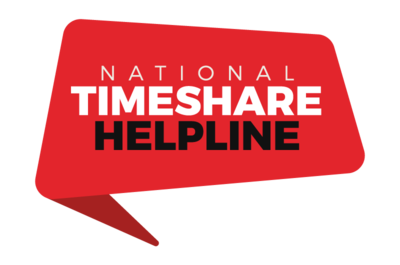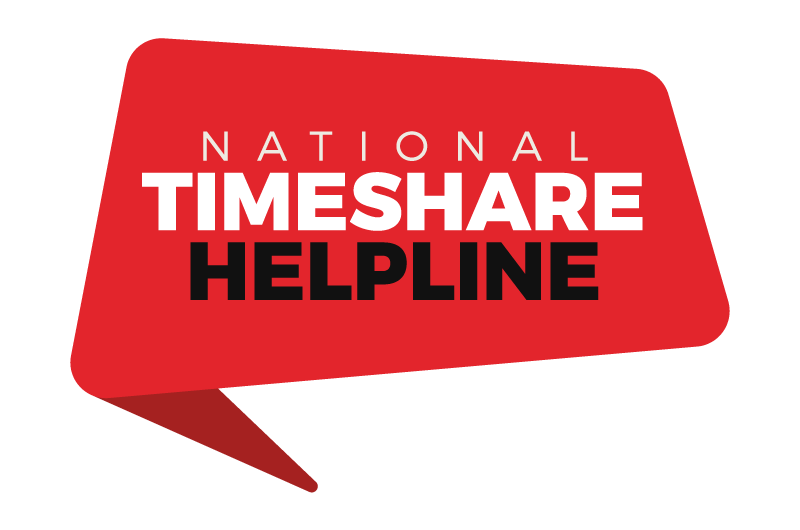White Collar Crime
The term "white-collar crime" refers to financially motivated, nonviolent or non-directly violent crime committed by individuals, businesses and government professionals. It was first defined by the sociologist Edwin Sutherland in 1939 as "a crime committed by a person of respectability and high social status in the course of their occupation".Typical white-collar crimes could include wage theft, fraud, bribery, Ponzi schemes, insider trading, labor racketeering, embezzlement, cybercrime, copyright infringement, money laundering, identity theft, and forgery.White-collar crime overlaps with corporate crime.
The UK Timeshare Fraud Epidemic
Every month we receive over 100 calls from timeshare owners that have been contacted by cold-calling timeshare scam companies. Many of these timeshare owners contact us to check the authenticity of the company that has contacted them. But many others have already been scammed and want their money back.
How do these Timeshare Scams work?
Several key factors contribute to timeshare owners continuously becoming scam victims. The three main areas we wish to highlight are:
1. Advanced Fee Fraud
2. Impersonation Scams
3. Recovery Room Fraud
What is Advanced Fee Fraud?
In an advance fee scam, a criminal convinces their victim to pay a fee which they claim will result in their release from their timeshare contract and a large compensation payment.
These scams include claims from the criminals that the victim is not legally out of their timeshare contract or that timeshare mis-selling compensation is due. The fraudster tells the victims that a fee must be paid to carry out legal work and release the funds. However, when the payment is made, the promised services or compensation never materialise. These scams often begin with a cold call, text, email or a letter sent by the criminal to the victim.
Advance fee scams were the third most common form of APP scam in the first half of 2022, accounting for 12 per cent of the total number of cases. A total of £14.6 million was lost to advance fee scams, a four per cent increase in the same period in 2021.
What is an Impersonation Scam?
In this scam, criminals claim to represent an organisation such as a Timeshare Regulatory Body, Fraud Prevention Company, Trustees or even the Courts.
Common scams include claims that victims must settle a fictitious maintenance bill debt or pay court fees to release timeshare compensation.
Other tactics include convincing victims that their children will inherit their debts or that they need fictitious certificates from the courts to approve their liability of ownership.
Criminals will often research their targets first, using information gathered from previous scams and data passed between scam companies in Tenerife.
Our research has shown that the people behind the scam companies will keep opening up their operations under a different name every 1-2 years. Then recontacting their previous victims in their new company name, telling them they can help. This is also known as Recovery Room Fraud.
Our investigations have also uncovered that the company names criminals use are very similar to genuine companies based in the UK. This is done to confuse and deceive victims into believing they are dealing with a bonified company.
What is a Recovery Room Fraud Scam?
Recovery room scams usually follow from a boiler room or other type of timeshare scam where a consumer has lost money. The perpetrators of the original fraud may operate the recovery room and contact the victim again, pretending to be from a different firm or sell on their details to other recovery rooms. This is very common in Tenerife and Mainland Spain where criminal organisations have found that working together is far more lucrative.
The scam tends to involve cold calling with high-pressure tactics and upfront charges described as legal fees, solicitor or administrative fees, which can result in losses that can be greater than the initial loss. The recovery rooms often have professional-looking websites to persuade visitors they are legitimate and claim to have a UK presence when they don’t. These websites often make false claims to have successfully recovered money for other consumers involved in scams.
Our experience dealing with recovery Room Fraud Claims has shown us that UK timeshare consumers have fallen victim to at least 2 timeshare exit and claim scams. Losing at least £7000 on average.



